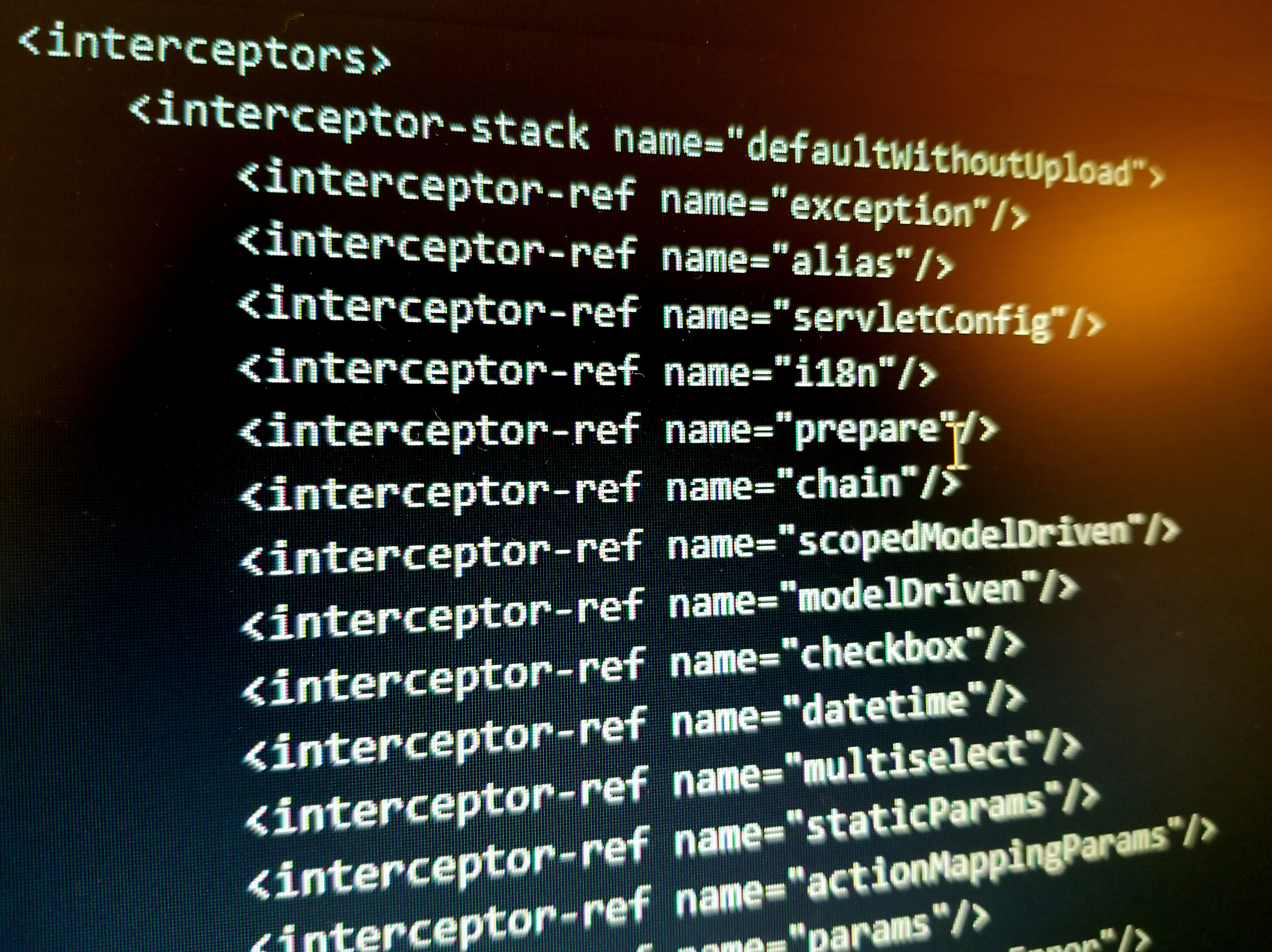AI in Warfare: UN Urges Immediate Regulation Amid Rapid Technological Advances

The integration of Artificial Intelligence (AI) into military technology is rapidly reshaping the landscape of modern warfare, prompting a critical call for urgent regulation from the United Nations. As the United Nations General Assembly convenes this week to deliberate on the potential dangers and necessary safeguards surrounding AI-powered weapons, a growing chorus of experts is voicing concerns about the unchecked advancement of autonomous military systems.
The core issue lies in the potential for autonomous weapons – often dubbed “killer robots” – to make life-or-death decisions without human intervention. While proponents argue that AI can enhance precision and reduce civilian casualties, critics warn of the risks of algorithmic bias, unintended consequences, and a dangerous erosion of human control over lethal force. The ability of machines to independently identify, target, and engage adversaries raises profound ethical, legal, and strategic questions.
The UN's Concerns: A Growing Global Dialogue
The United Nations’ push for regulation stems from a recognition that the current legal framework is inadequate to address the unique challenges posed by AI in warfare. Existing international humanitarian law, while designed to minimize suffering in armed conflict, was not conceived with autonomous weapons in mind. The UN's discussions aim to establish clear guidelines and potentially binding treaties to govern the development, deployment, and use of these technologies.
“The pace of AI development is outpacing our ability to understand and mitigate its risks,” stated a leading UN official involved in the discussions. “We need to act now to ensure that human judgment remains at the heart of any decision involving the use of force.”
Expert Perspectives: Navigating the Ethical and Practical Dilemmas
Experts in the field highlight several key concerns. Algorithmic bias, reflecting the biases present in the data used to train AI systems, could lead to discriminatory targeting. Furthermore, the lack of transparency in AI decision-making processes – often referred to as the “black box” problem – makes it difficult to assess accountability in the event of unintended harm. The potential for hacking and manipulation of autonomous weapons systems also poses a significant threat.
“We’re entering a new era of warfare where machines could potentially initiate conflicts without human oversight,” warns Dr. Eleanor Vance, a specialist in AI ethics at the Institute for Future Security. “This is not science fiction; it’s a rapidly approaching reality that demands immediate attention.”
The Path Forward: Collaboration and Responsible Innovation
While a complete ban on autonomous weapons remains a contentious issue, there is broad consensus on the need for greater international cooperation and responsible innovation. Key steps include:
- Establishing clear ethical guidelines: Defining principles that prioritize human control, accountability, and transparency in the development and deployment of AI military technologies.
- Promoting international dialogue: Fostering open discussions among nations to build consensus on regulatory frameworks.
- Investing in research: Supporting research into the ethical implications of AI and developing safeguards to mitigate potential risks.
- Enhancing transparency: Requiring greater transparency in the design and operation of AI systems used in military applications.
The debate surrounding AI in warfare is complex and multifaceted. However, the urgency of the situation demands a proactive and collaborative approach. The UN’s efforts to regulate these technologies represent a crucial step towards ensuring a future where human values and international law remain paramount, even in the face of rapid technological advancement. The stakes are high, and the time to act is now.






